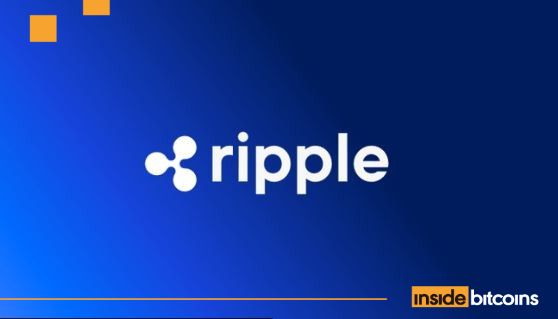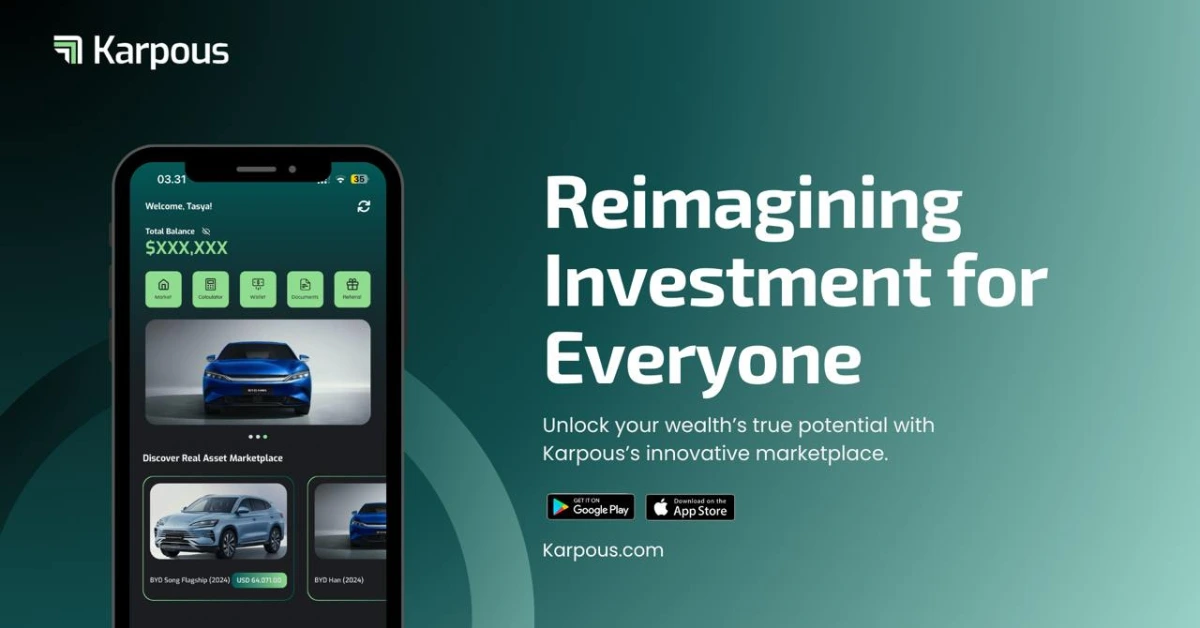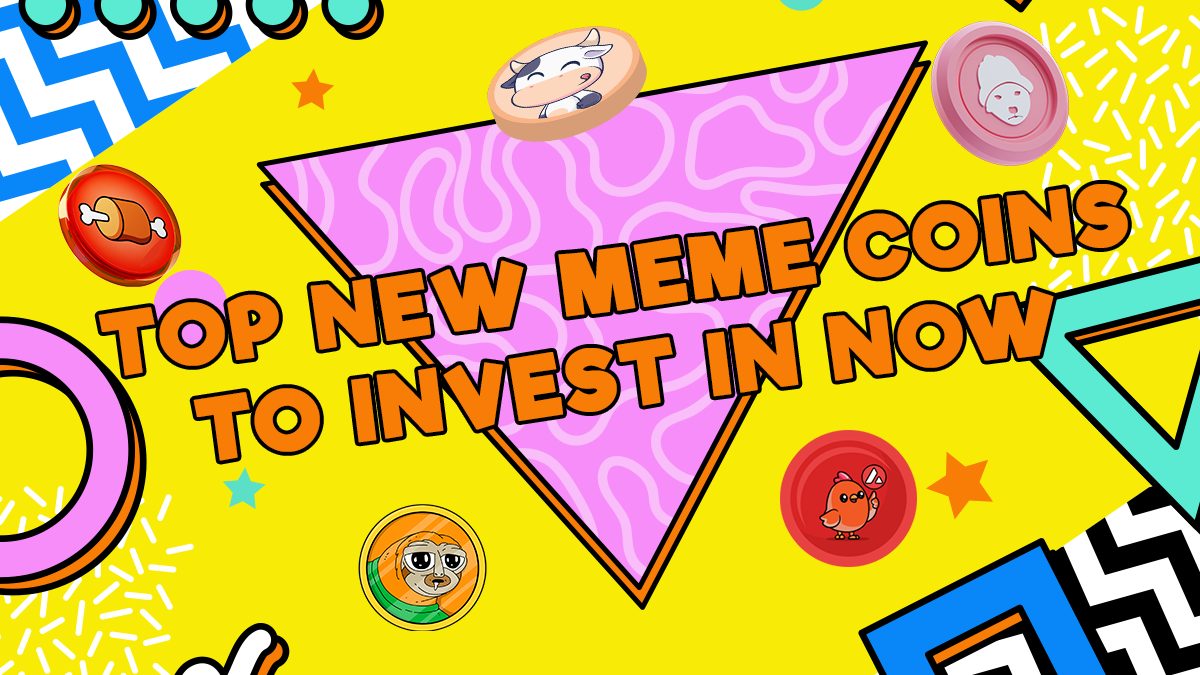Prior to the G-20 summit scheduled to take place on Sept 8-9, the Financial Stability Board (FSB) and the International Monetary Fund (IMF) have circulated a synthesis paper on regulating crypto assets among the G20 member states.
While Prime Minister Narendra Modi has also called for global collaboration on formulating crypto regulations during the summit, blockchain investors perhaps need many more reasons to cheer while the prices of cryptocurrencies continue to stay muted.
For instance, Bitcoin on Monday traded around $25,900 in the international exchanges, nearly 61 percent lower than its all-time high of $67,560 in Nov 2021.
In a telephonic interview with MintGenie, COO of CoinDCX Mridul Gupta attempts to calm the nerves of cautious investors by speakingabout the growing number of participants of crypto ecosystem in the recent past.
He tells us about an array of problems that cryptocurrencies can solve, while also sharing his views on digital currencies and the possibility of regulatory framework that the government is expected to roll out.
Edited Excerpts:
Bitcoin is trading at less than half of its all-time high. And importantly, the industry and techies have started to talk about AI and ML instead of blockchain, there is a palpable decline in interest and enthusiasm among investors for the digital currencies. What do you have to say about it?
There are a large number of ecosystem participants. the number of institutions has increased. Now, Goldman Sachs and Blackrock are entering the fray.
The developer activity and retail participation have increased. But it is true that the people end up investing a lot more in the bull run. That is the nature of human psychology and the chatter gets diminished when their prices fall.
Whenever a technology (such as AI & ML) is new, there is a hype around that.
What is your opinion about the potential and promise of blockchain technology. How can it solve the world problems?
Bitcoin and blockchain solve problems that are really big. How countries manage currency and inflation touches everyone’s life. For instance, when US spends more dollars, it would affect oil prices, and eventually affect the common person, so on and so forth.
Blockchain enables auditability in the real time basis and (miners are) rewarded in form of currency. Bitcoin, at the same time, is an application of blockchain and it solves transparency in terms of who is owning and how funds are moving.
What is your viewpoint of central bank digital currency (CBDC) launched by RBI? How is it different from net banking?
CBDC is early in its evolution. And until the implementation is shared, it is hard to comment on its useability. It can benefit if implemented in the right way.The idea is that you don’t have to maintain physical currency.
After all, cash is hard to track. As a matter of fact, even when UPI transaction is happening, physical movement of currency happens — something not required in case of digital currency.
There have been a number of incidents of crypto scams such as perpetrated by Sam Bankman Fried in FTX in the US, or by Quadriga’s founder Gerald Cotton in Canada. It has shaken off the confidence of lay crypto investors considerably about the credibility of this currency as an asset. What is your reaction on this?
Largely, people understand the difference between the two (scams that took place in the crypto space and legitimacy of crypto as an asset class). The nuance is clear in the people’s minds. And when the investors ask us about cryptos – the question they ask is not whether crypto is a scam.
They ask what is the right coin they should invest into, what exchange they can choose, the right practice they should be following, etc. This is the narrative for the past five years.
Do you have any expectations from the government about the regulatory framework on cryptocurrencies and blockchain any time soon?
It is a slow-moving ship. The industry is so new that bringing regulations will be time consuming. It is slightly far away but there are guardrails that are being implemented by the government.
For instance, the right KYC to follow, the right process for customer redressal, due diligence for risky customers, how to identify risky, and how to deal with start-ups that want to partner with exchanges.
You have an IT background and now you are one of the leaders at the organisation. What do you enjoy the most: to build an application or get it built by the team?
It is more satisfying to see those applications running, and the users using them. It does not matter whether I built the application or someone else did.
Here (at CoinDCX) we call everyone a ‘builder’ since we are still a start-up which is building the right systems and challenging newer problems.
The culture is to make sure that the large part of work is automated so that we can solve newer problems.
Social tokens are a type of cryptocurrency based around a community or a brand.
Credit: Source link















































